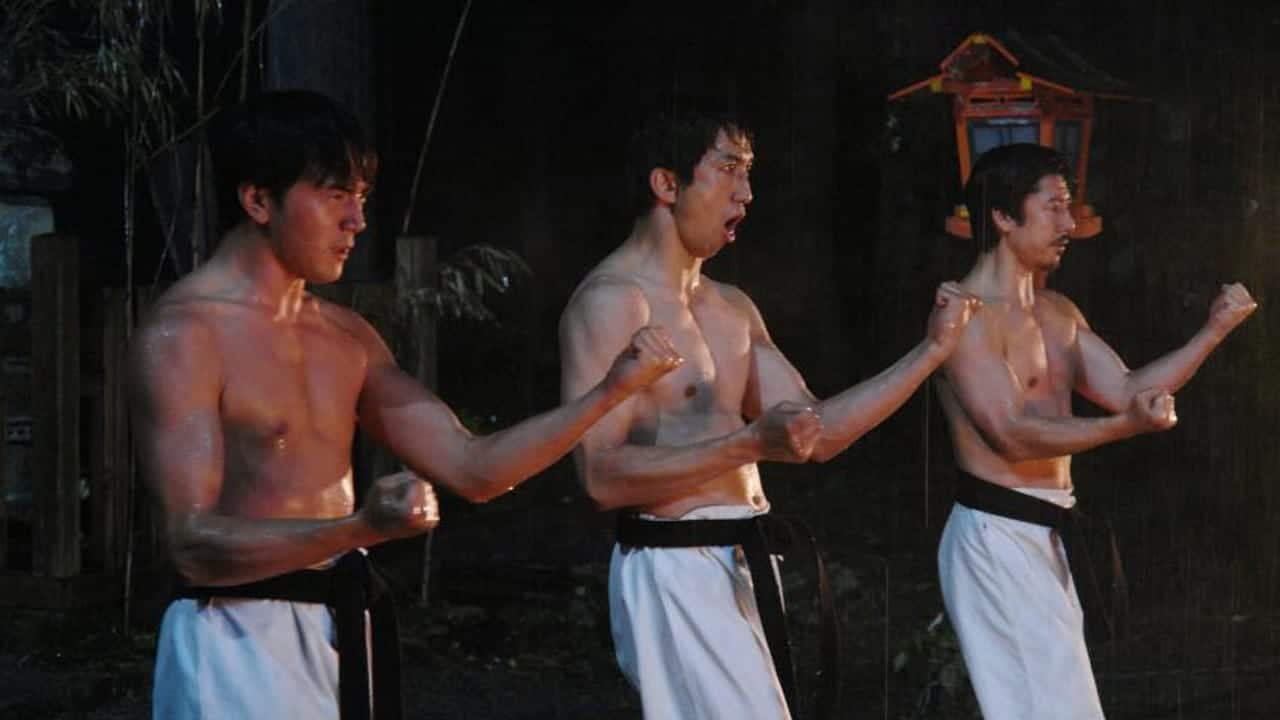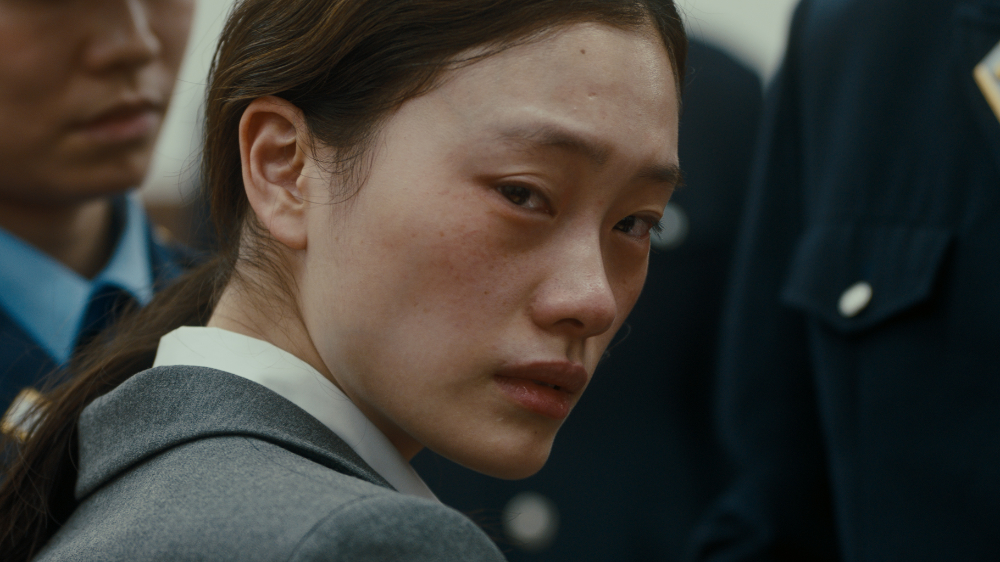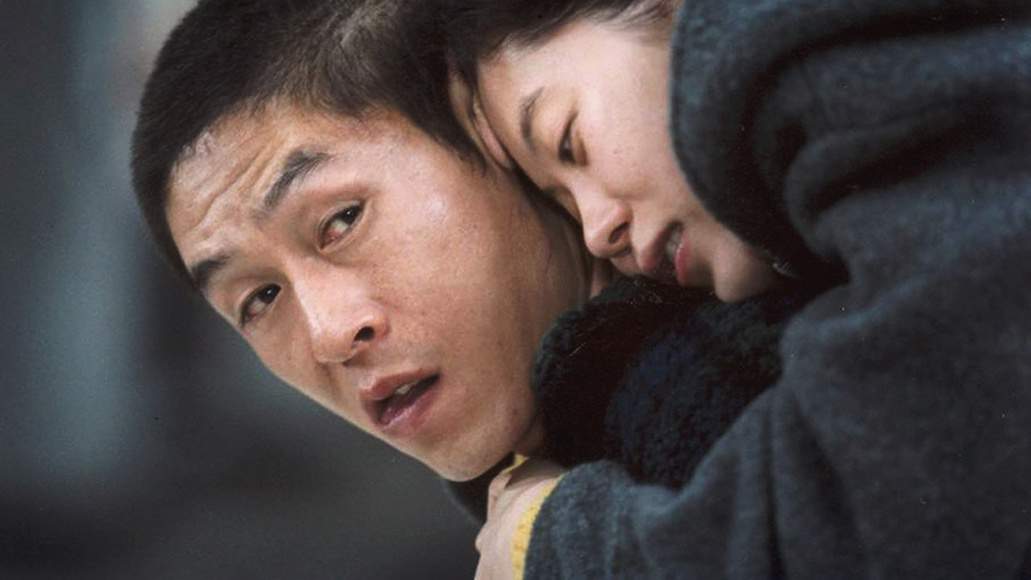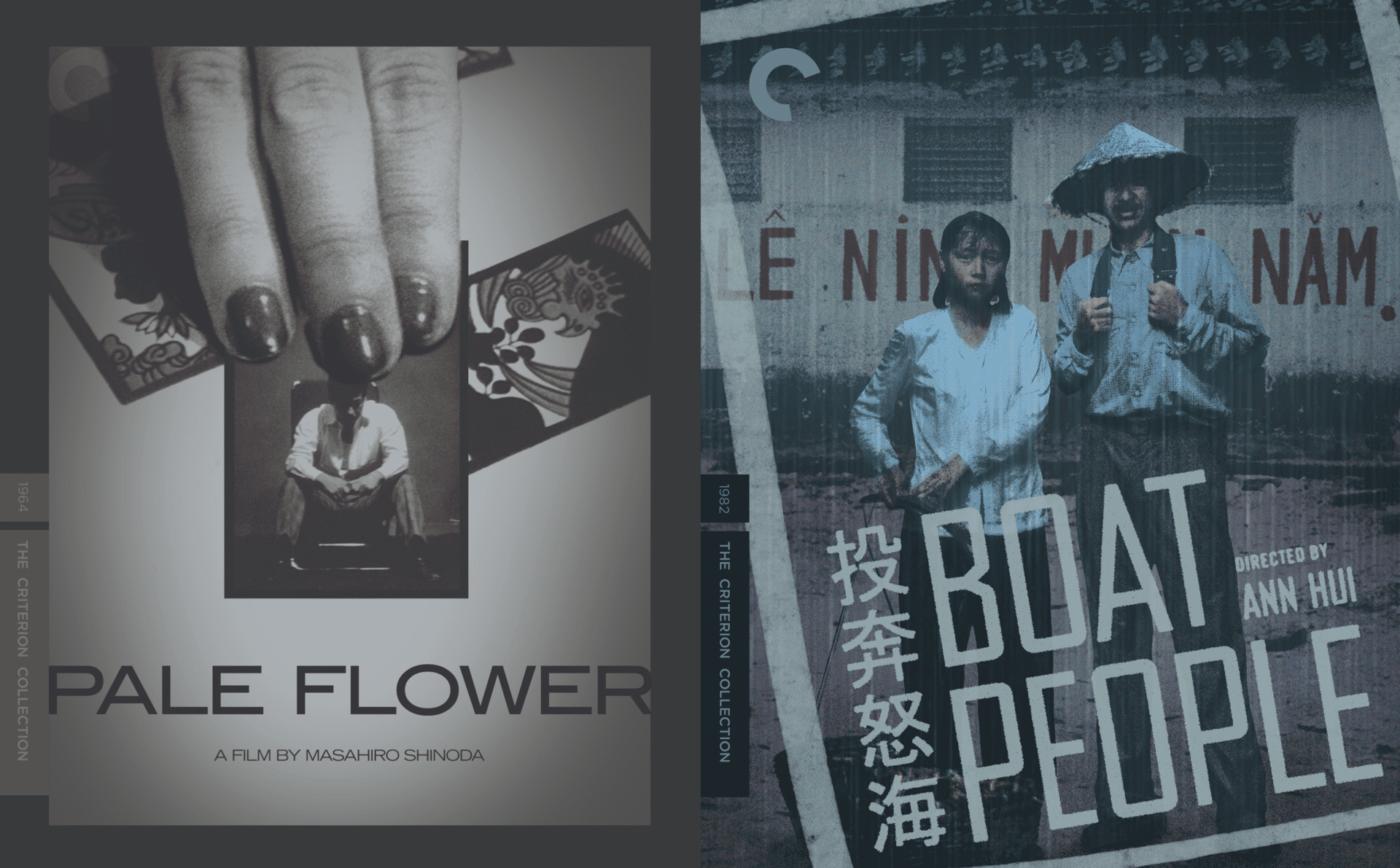31. Sparrow (2008)

“Sparrow” is perhaps Johnnie To's lightest feature, a blend of caper and romantic comedy. With the director's usual themes of brotherhood and loyalty, a good cast and a playful score, “Sparrow” will likely provide decent entertainment for those willing to see a different side to the director of “Fulltime Killer” and “Election”. (Rouven Linnarz)
Buy This Title
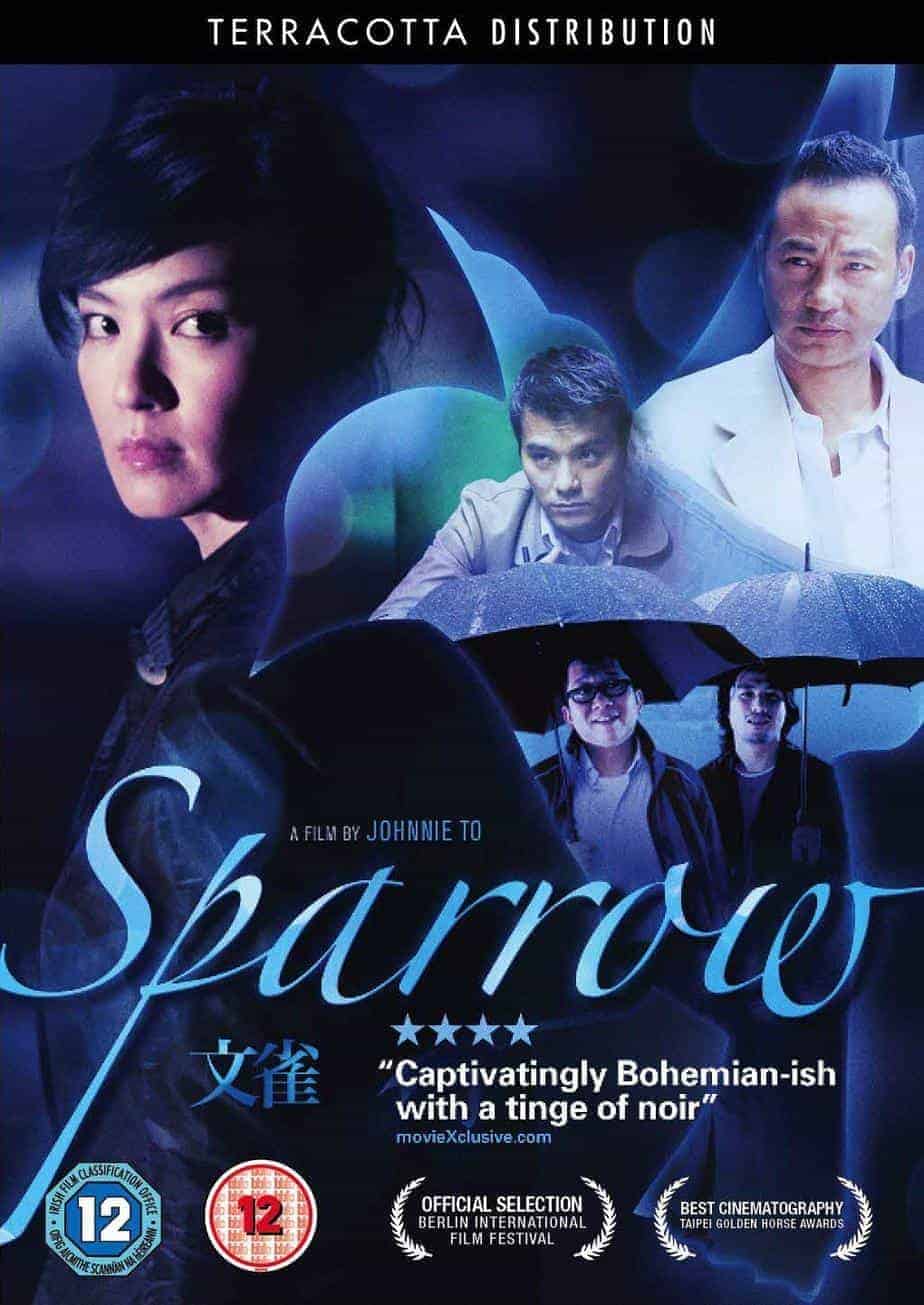
32. Life Without Principle (2011)
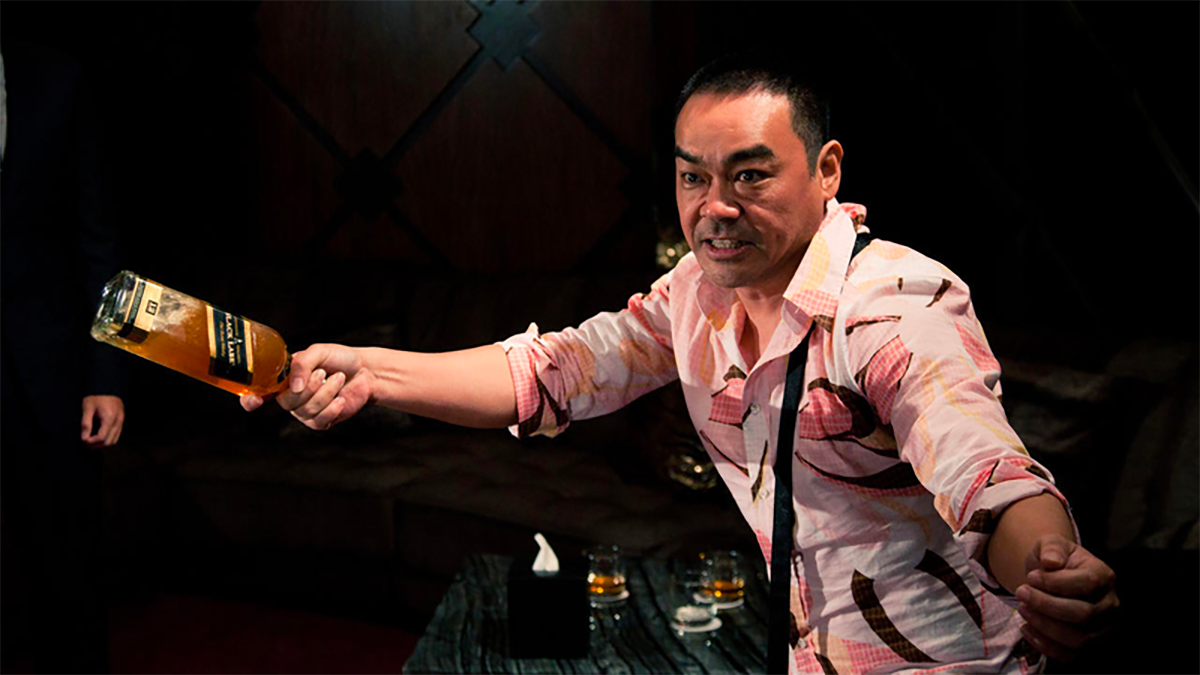
While his opinion of those on top of the financial industry has already been mentioned, the plot of “Life Without Principle” focuses mainly on people trying to get by within said industry, like Teresa, or characters whose fate is closely connected to the developments of the global economy. In short, To tackles quite a complex issue, one which seems to confuse quite a lot too, if the sheer amount of technical vocabulary from the banking and financial sector is any indicator. This is not to say To did not do his research, but rather that he portrays this level of confusion and dependency on a system only a few of us truly understand, and those who do aim to exploit it for their own benefit. Through the course of the three stories, he shows how individual happiness, survival and status are linked to this global market, a system controlled by forces who are out of our reach and who are just focused on their profit. (Rouven Linnarz)
33. Don't Go Breaking My Heart (2011)
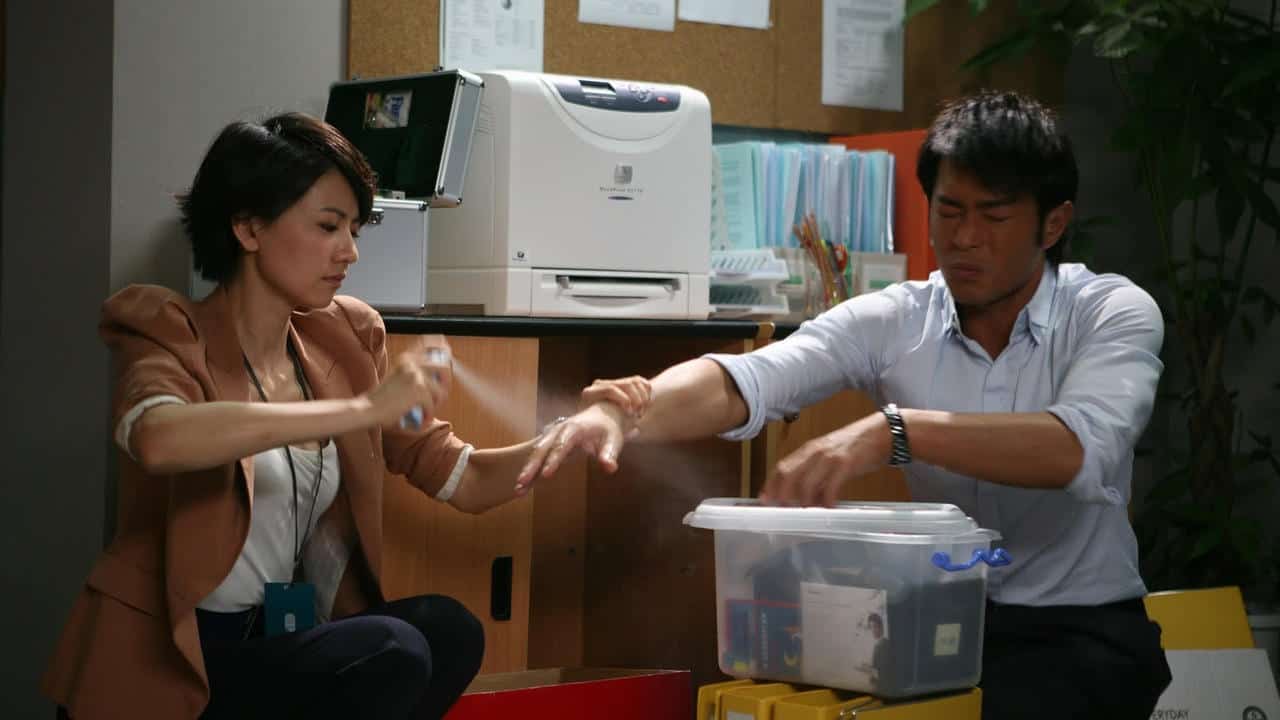
It sounds like a typical love triangle, but what makes it appealing is To's worldbuilding. By using the glass windows of Hong Kong's high-rise buildings as the medium or vehicle for flirtation, wooing and connection between the characters, it puts the audience right smack into the world of corporate men and women, creatures of modernity who mix their jobs with their love life and sexual conquests. This style of setting was most popularly used by Alfred Hitchock in his movie “Rear View.” By employing a similar technique, To deftly guides the audience to realizing the perspective of the characters as they get to know each other through their glass windows, through magic tricks performed across each other's buildings as well as sticking post-its shaped into hearts on the windows and waving handwritten messages to communicate. (Purple Romero)
Buy This Title
on Amazon by clicking on the image below
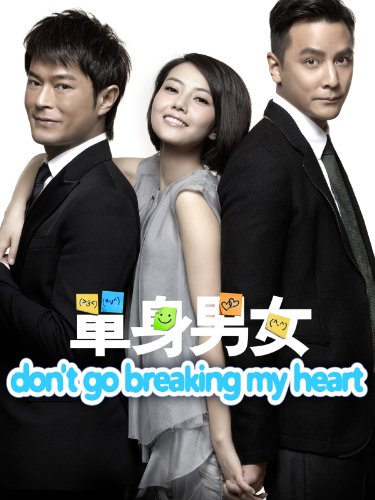
34. Drug War (2012)

Johnnie To directs another action film about cops that act as criminals, and their opponents, and does a very good job on it. Most of the film functions as an agonizing thriller, as Zhang poises as a criminal in order to find out more about the syndicate and Choi is always on the lookout for a way out of the strain he is in. This last aspect, however, is presented is subtlety, since, although the fact that the scenario Zhang put in motion will not go smoothly until the end is quite obvious, Choi does not act on it, for the most part of the film. This trait benefits the most by Louis Koo acting as Choi, who manages to emit a constant sense of restlessness, as a man who acts in timid fashion, but is obvious that he is planning something. Some nonsensicality could not be missing from a To film, although this time is quite restrained, with the exception of the scene where Zhang is forced to take drugs. (Panos Kotzathanasis)
35. Blind Detective (2013)
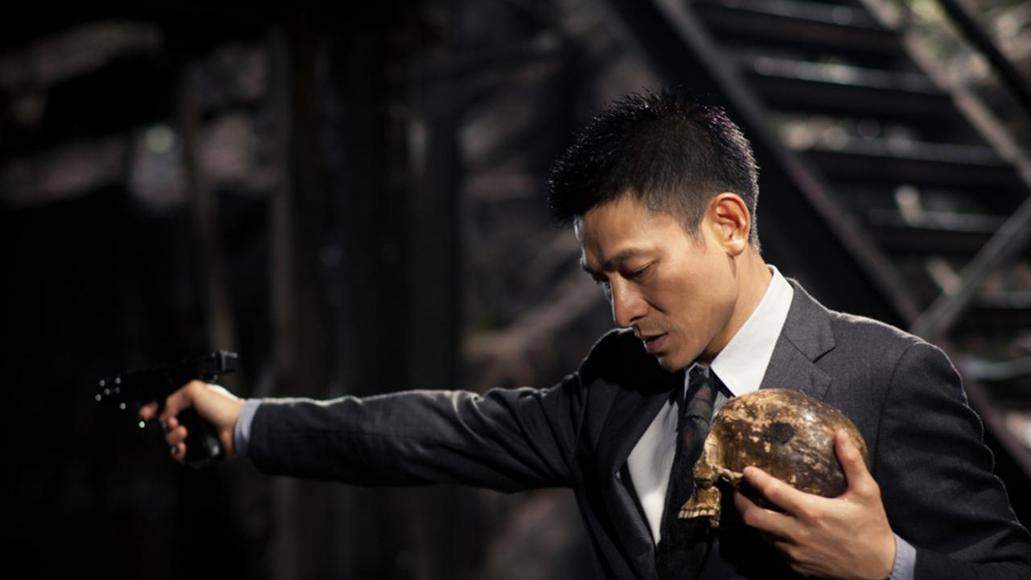
The film could almost be called a spiritual successor to one of Johnnie To's earlier works, “Mad Detective”, which was co-directed by Wai Ka-Fai in 2007. That piece saw a similar detective using an almost identical psychic power to solve crimes, yet it lacked the slapstick comedy and overarching romance that “Blind Detective” relies upon. This has a clearly more refined style and larger scale but feels safer in many regards. Its almost like To takes the character from “Mad detective”, makes him blind for comedic reasons, and then places him into a more mainstream-friendly narrative. It works but feels unoriginal as a result. (Robert Edwards)
Buy This Title
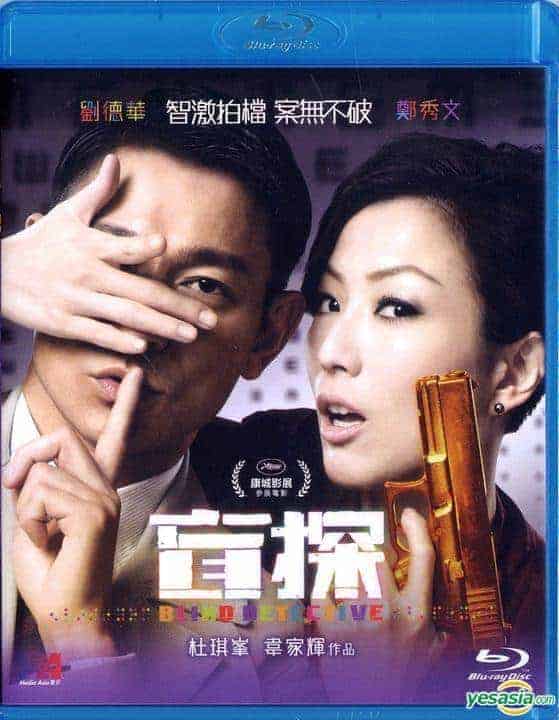
36. Office (2015)
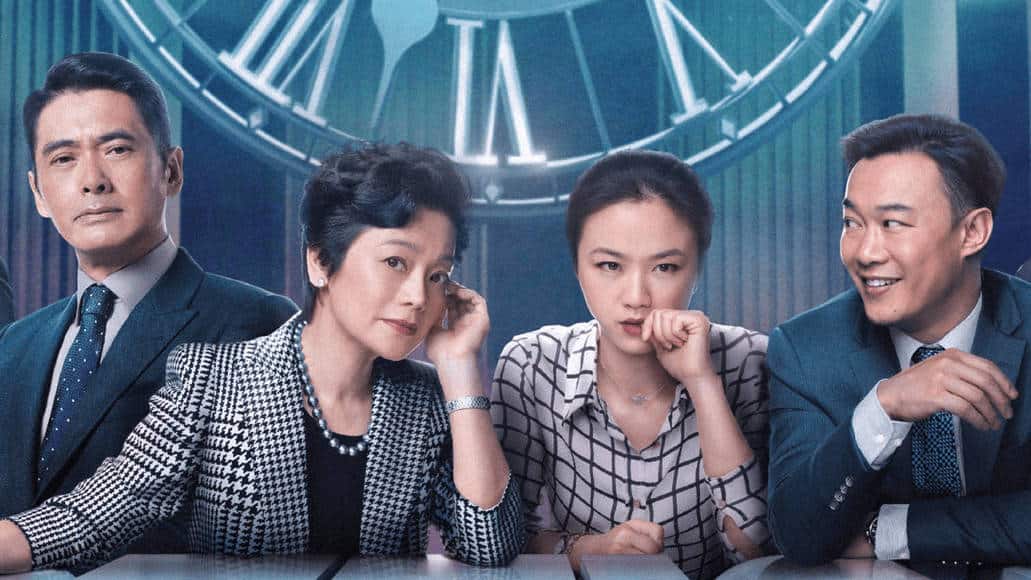
Most interesting is To's concept of space. Neon lights, defining the walls and hallways, reflecting lights on shiny floors and resemble the immaculate appearance of the office workers that are dressed up in fancy vestures and sharp suits. The open space concept creates a surreal impression and reminds the viewer of the roots of the movie – the theatre stage. (Alexander Knoth)
37. Three (2016)

However, all of the above is actually a warm-up for the final showdown, in an astonishing gun-shooting sequence that highlights almost every aspect of the film. The events actually occur very fast, but using slow motion, fast forward, and constantly changing film speed, To shoots a scene that seems to last forever. Cheng Siu Keung's cinematography, and Allen Leung and David M. Richardson's editing find their zenith in this scene, while Xavier Jamaux's music heightens the tension of the sequence, even more. (Panos Kotzathanasis)
38. Chasing Dream (2019)
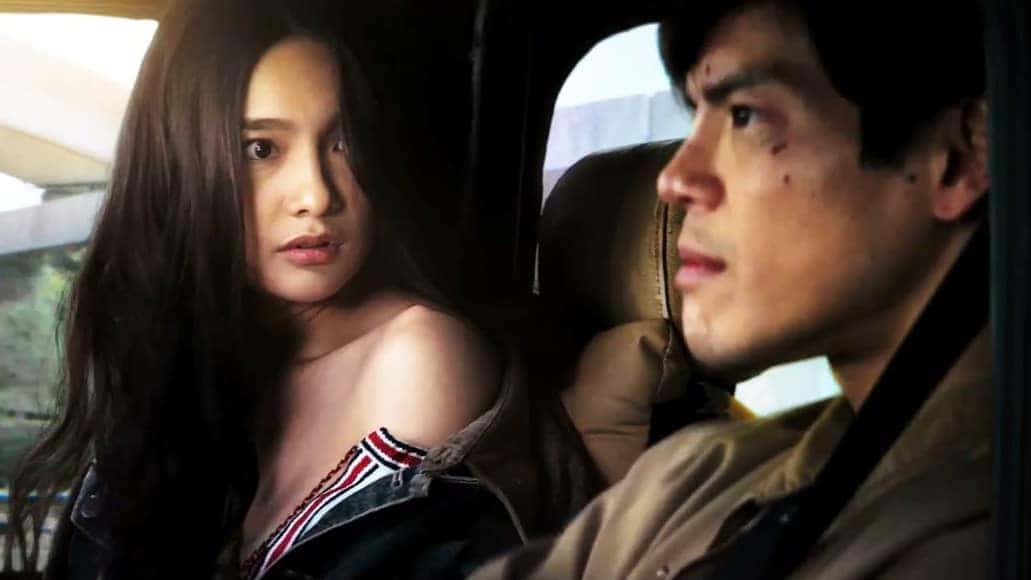
“Chasing Dream” is a distinctly Chinese-flavoured hot pot, composed of a mixture of many boxing drama tropes (especially that well-known American long saga, but let's just don't mention it for a change), many To's plotlines from previous films, the popular realm of X Factor-style music competition franchises and a sprinkle of Bollywood. In fact, if director To could get one penny every time the audience spots a reference, he wouldn't need to charge for the entrance ticket. This is not all bad, as we love repetitions; it is sweet being enveloped by familiar waters and drown happily in them, but this hot pot, despite being very colourful, lacks a bit in hot spices. (Adriana Rosati)
39. Septet: The Story of Hong Kong (2020) Segment Bonanza
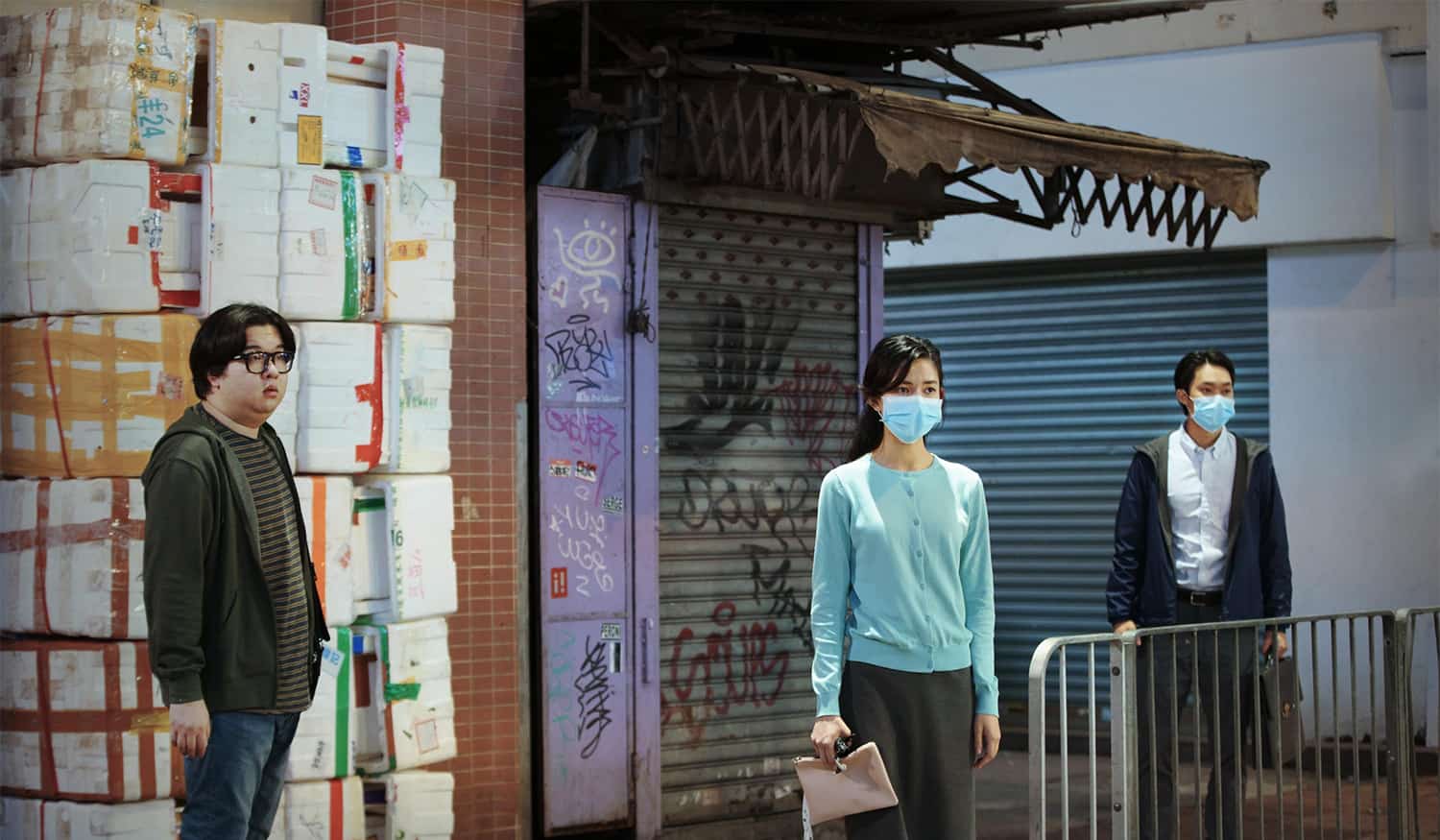
Probably the most anticipated episode of the bunch by Hong Kong cinema fans – as Johnny To rarely directs nowadays – “Bonanza” delivers the director's typical snappy and humorous narrative style in a story that manages to portrait one of the most troubled and roller-coast-ed decade in Hong Kong history, just from a table of a cha chaan teng (the typical Hong Kong café). Starting at the end of the 90's and spanning across the change of the century, three friends (Tony Wu being one of them) around the same table, are busy trying to make a quick buck, taking advantage of the constantly changing economic landscape of that time. Sailing through the dot-com bubble and the SARS epidemic, the trio is after stocks, shares in new internet companies or cheap apartments in the SARS-plagued Amoy Garden Estate, in a mood that reprises the exploration of human greed during financial crisis that we have seen in To's “Life Without Principle (Adriana Rosati)


